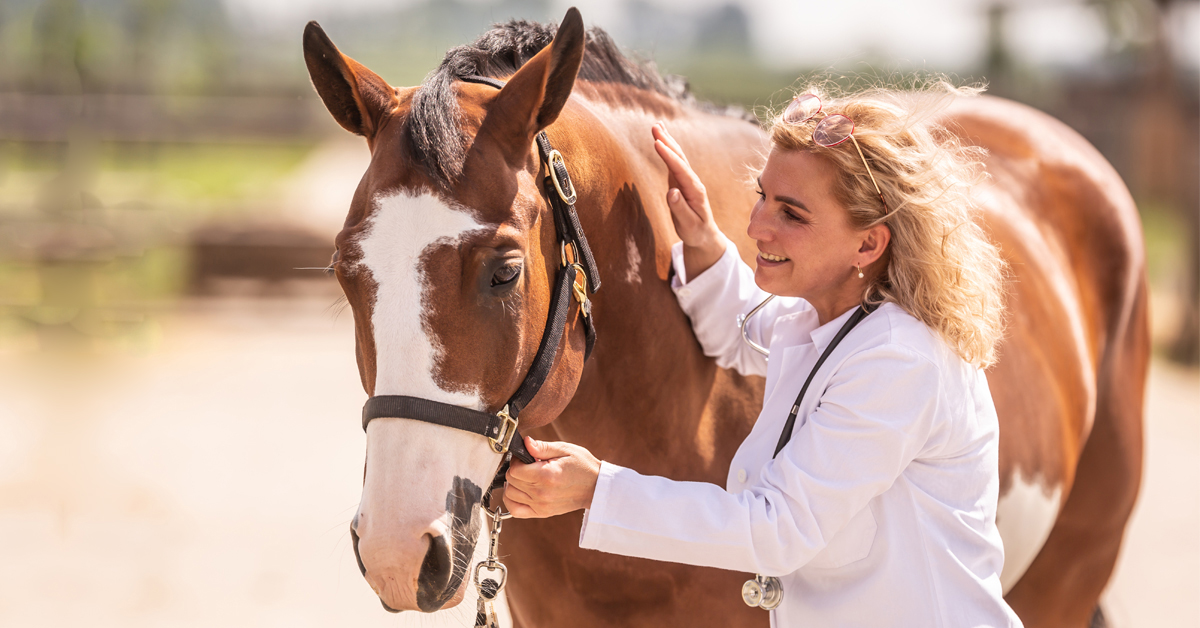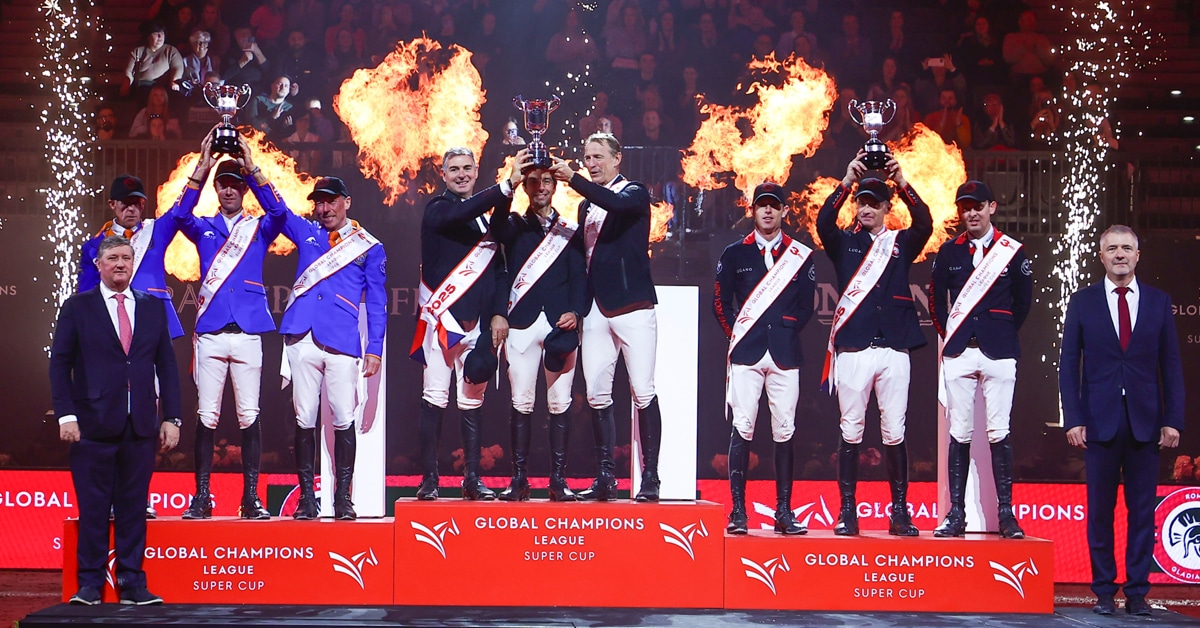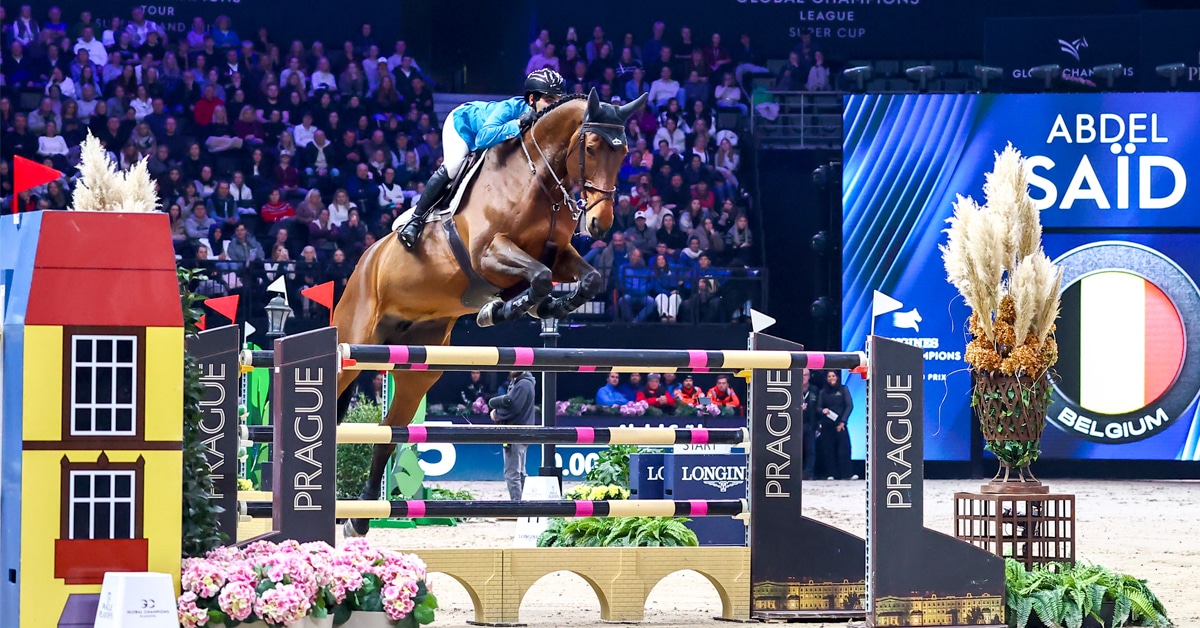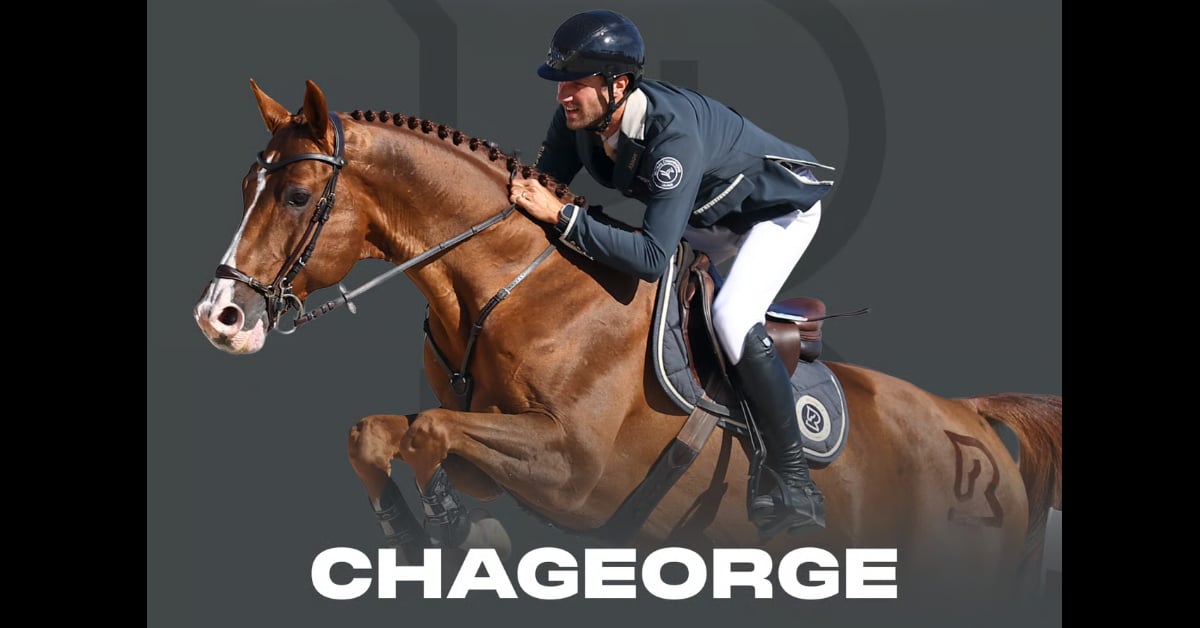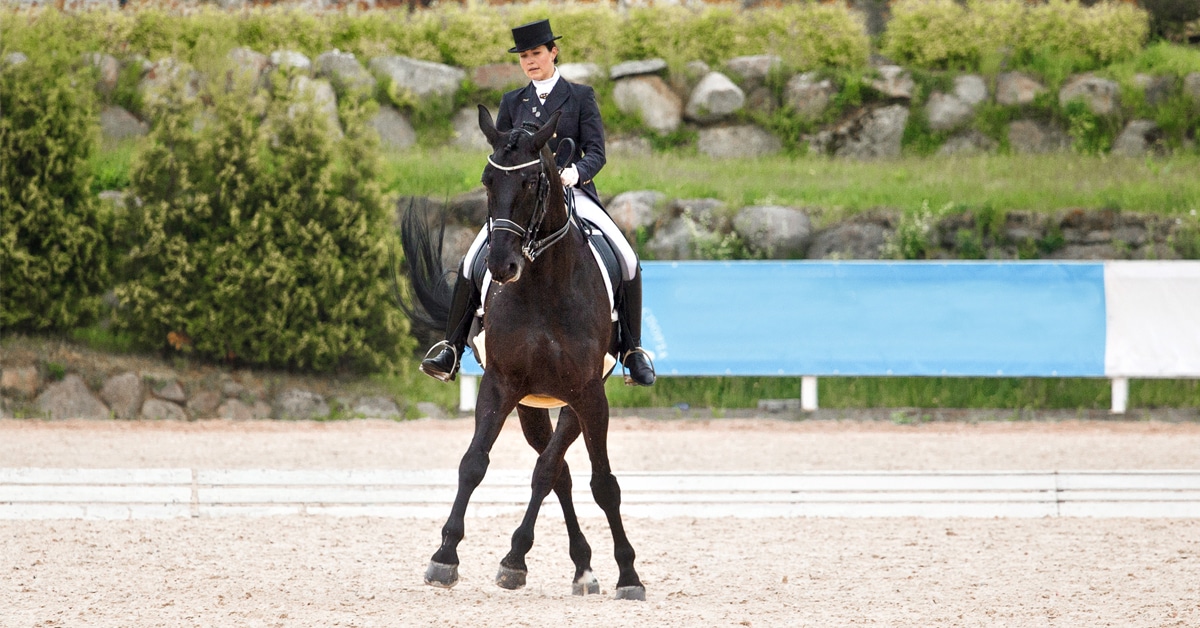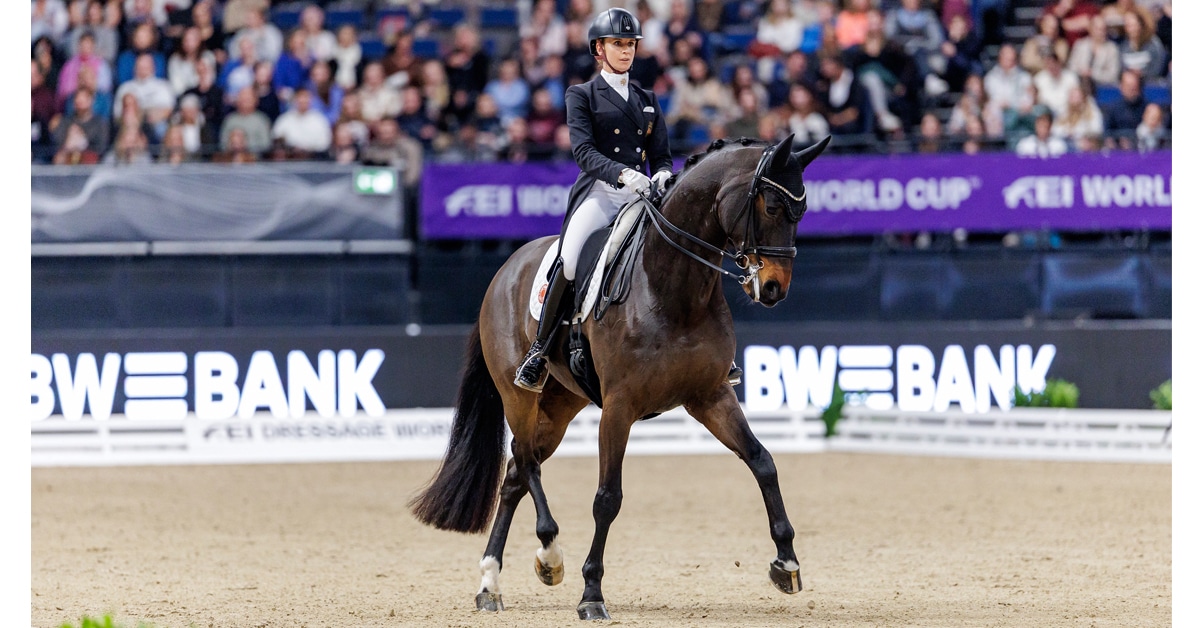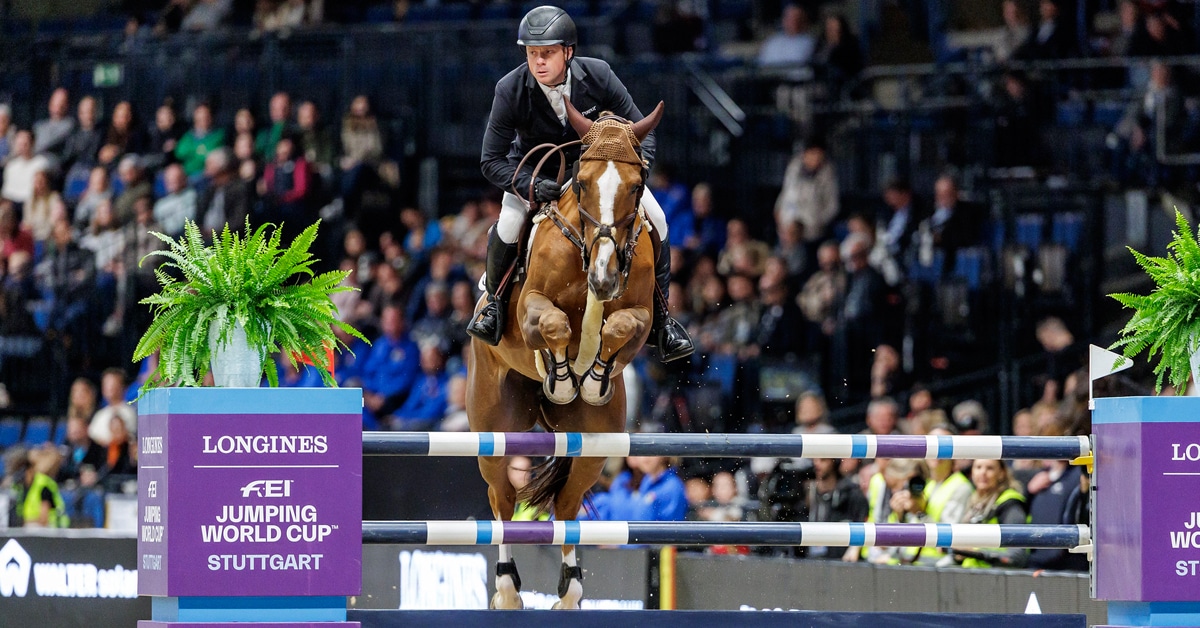The Spanish originators of a new jumping series have suffered a setback in their bid to keep monopoly control in the US. The FEI Tribunal has dismissed their appeal against the FEI’s approval of a rival series from US jumping promoters Morrissey Management Group (MMG).
Spanish show organizers Daniel Entrecanales and Pablo Marquez had hired MMG to work with them in the US, but claim MMG went behind their backs and stole their idea. The Spaniards had previously filed a complaint against MMG for, among other things, copyright infringement in the Federal Court of the Southern District of Florida. This goes to trial in December. However, the FEI maintained that the Florida proceedings are irrelevant to the process of FEI competition format approvals. By approving MMG’s rival series the FEI was not “disapproving” the Spaniards’ original idea; there is an ample “pool” of horses and riders to service both series.
The Appellants said that in 2011 they conceived a new show jumping format, styled after American sports leagues. They called it JumpingClash SL, spent nine years developing it and obtained copyright in 2012. The FEI was consulted throughout and approved the individual and team competition formats in 2019.
The appellants felt that north America rather than Europe was the best region for launch. They renamed it National Equestrian League (NEL), and in October 2018 hired MMG to bring NEL to fruition.
They all worked together till March 2020, when the Spanish discovered MMG had developed a competing series called Major League Show Jumping (MLSJ), bringing in partner Keean White of Angelstone Farms in Canada and sidelining the Spanish.
Upon hearing MMG had submitted MLSJ for FEI board approval, the Spanish asked the FEI to refrain until the Florida proceedings were exhausted. This was denied, and in August 2020 the FEI approved MLSJ.
The appellants felt they would suffer significant financial hardship and lodged an appeal (represented by Morgan Sports Law) last September. The FEI decision was “arbitrary and grossly erroneous,” by failing to comply with applicable FEI rules, regulations and policies; by not honouring FEI past practice or upholding the FEI’s ethics and values; and by not basing the decision on substantial, credible evidence.
The appellants say the FEI’s mission is “to drive and develop equestrian sport globally in a modern, sustainable and structured manner with guaranteed integrity, athlete welfare, equal opportunity and a fair and ethical partnership with the horse.” Yet the MLSJ was produced through “unethical means” by falsely obtaining concepts and later claiming them for their own. The Spanish had no idea MMG were “disloyally working behind their backs.”
The FEI argued that as a governing body their function is only to approve a series from a sporting and technical point of view.
The FEI was not “disapproving” the NEL; it is “totally normal “ to have several competitions in various sports. Fifteen jumping series are currently approved by the FEI, based on compliance with sporting and technical requirements. If other organizers had the right to oppose new series, the Global Champions League and Global Champions Tour or Rolex Grand Slam would be entitled to appeal. This would restrict the market and itself be antitrust. The FEI highlighted its adherence to Belgian and European Competition Regulations after various claims for alleged infringements in 2018.
Copyright issues were the sole responsibility of the appellants and it would be inappropriate for the FEI Tribunal to pre-empt the Florida courts. The appellants hadn’t found a single provision in the FEI rulebook that required copyright issues to be decided prior to FEI Board approval.
The FEI also argued that each individual show would take place anyway. The MLSJ mostly links existing events so would not place additional demands on horses or create welfare concerns, as the appellants alleged.
The Tribunal decision followed a hearing by video link. While Keean White and Matthew Morrissey appeared as witnesses for the FEI, the 35-page decision notice contains no detail about their early collaborations with the Spanish, or when or how MMG allegedly went behind their backs.
The decision mostly centred around numerous complex legal points and the admissibility of evidence. The appellants also argued, unsuccessfully, that the FEI approval of MSJL was not valid as it took place during a videoconference (due to Covid) and not at one of the two “set” annual main in-person board meetings.
Unusually, the FEI even claimed that its own Tribunal had no jurisdiction to hear this particular case, though that argument was rejected.
In dismissing the appeal, the Tribunal upheld the FEI board decision to approve MLSJ and ordered each party to bear its own costs. The decision may be appealed to the Court of Arbitration for Sport (CAS) within 21 days.
More News
